
How to Reclaim Your Anger Without Losing Yourself
- Published:
- Updated: April 27, 2025
If you’re a business owner, leader, or emotionally aware human trying to do better, chances are you’ve felt stuck between two extremes: suppressing your anger or letting it explode.
But here’s the truth we don’t talk about enough—our culture feeds on outrage. Performative anger is everywhere. Whether it’s a Karen going viral or a politician using rage to rally the base, we’ve been trained to see anger as noise.
What if it didn’t have to be?
In this article, we’re pulling back the curtain on how anger gets manipulated—by systems, media, even people in your own life—and what it really takes to reclaim it as a tool for personal and relational growth.
✨Your Emotional Clarity Guide
My Relationship with Anger
For a long time, anger was my default setting.
If I wasn’t furious about the dysfunction I grew up in, I was raging over how little control I felt in my adult life. That wasn’t surprising—anger was the dominant emotion in my childhood home. It’s what I saw, so it became how I survived.
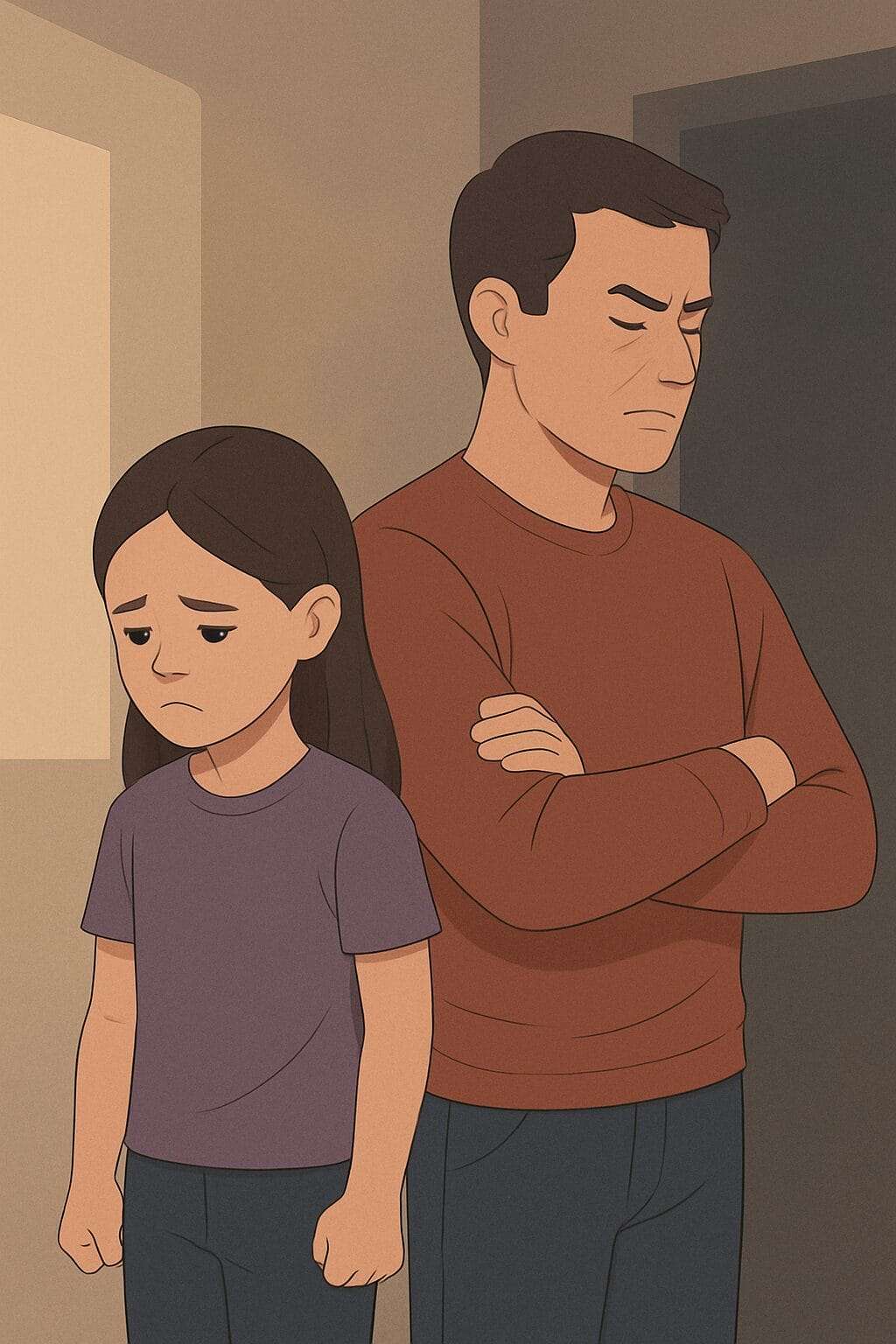
It wasn’t until I began doing real emotional work that I realized something: anger was a choice. A loud, fiery shield that helped me avoid other feelings I didn’t yet know how to name—like grief, fear, shame, or disappointment.
And here’s what I’ve learned: when you’re raised by people who can’t handle emotional discomfort, it’s easier for them to shut you down than to sit with you. So you learn to mask it all under anger.
But here’s the wake-up call—until you reclaim your anger and figure out what it’s really covering, you’ll keep reliving the same emotional loops. Over and over again.
So let me ask you: What was your parents’ relationship with anger?
Was it explosive? Silent? Manipulative? Forbidden?
You might be carrying their patterns without even realizing it.
Why Reclaiming Anger Matters in Today’s Culture
Before we go further, let’s get something straight:
Your anger is not the problem.
It’s actually trying to help you.
Anger is a tool—one that reveals deeper emotions underneath the surface. It shows up to protect your boundaries, manage your energy, and call attention to what’s not working. When used well, it can refine your self-care and strengthen your voice.
Anger also helps us connect, believe it or not. Think of the Pixar movie Inside Out. Riley’s breakthrough moment with her parents didn’t come from pretending everything was fine—it came from expressing sadness. And yes, anger was part of that too. It opened the door for deeper connection.
On a larger scale, anger has fueled some of the most important social change in history. Without it, we wouldn’t have movements to protect women, children, or marginalized communities. Righteous anger has power. It gets people to care.
But here’s the catch:
In today’s culture, we’ve twisted anger into something performative. Clickbait. Weaponized.
It’s no longer about clarity or protection—it’s about outrage for show. And that’s where things go sideways.
If we want to reclaim our anger, we need to separate it from the noise. We have to learn the difference between using anger and being used by it.
How Anger Gets Twisted (By Society, Family, and Even Leaders)
We’re living in the age of outrage on demand.
News cycles reset every 24 hours, algorithms reward emotional extremes, and somewhere in the chaos, real anger—the kind that protects and transforms—gets twisted into a spectacle.
Yes, anger can wake people up. It can fuel justice, accountability, and positive change. But the same fire that can warm you can also burn everything down if it’s left unchecked.
And let’s be honest: there are entire industries built to exploit your anger.
Profit-driven media outlets thrive on keeping you emotionally charged. The more you click, the more they cash in. Politicians aren’t far behind—they know fear and fury get people to show up at the polls, donate, and stay divided.
But here’s the part no one warns you about:
If you grew up in a home where pain was never processed—where anger was ignored, punished, or unleashed without control—you might not even know what healthy anger feels like. And that leaves you wide open to being manipulated.
So reclaiming your anger?
It’s not just emotional hygiene—it’s self-defense.
How Anger Gets Used and Abused
Let’s be clear: not all anger is helpful.
When it’s misused, anger becomes a weapon—not a tool.
Here are three of the most common ways we misuse anger—and how each one keeps us stuck:
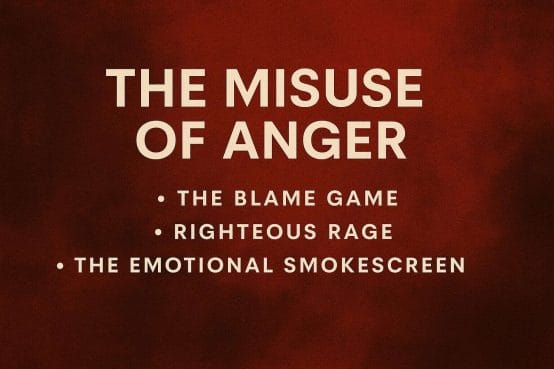
⚖️ The Blame Game
When anger becomes your go-to defense, it’s tempting to pin your problems on everyone else. Your boss, your ex, your parents, the system—someone has to be the villain, right?
But here’s the trap: blame might feel powerful in the moment, but it blocks growth.
If you don’t own your part, you’ll keep reliving the same frustrations—different faces, same dynamic.
🧨 Righteous Rage (That’s Really Revenge)
Sometimes we use anger to punish others—to call them out, shut them down, or make sure they “feel what we felt.”
And hey, I’ve been there. It’s tempting. But here’s the thing:
If your anger becomes a private courtroom where you’re the judge, jury, and executioner, you miss the opportunity to understand your own contribution to the dynamic.
Most people aren’t out to destroy you.
And even when they are? Seeking revenge usually leaves you emotionally depleted—while they move on, untouched.
🎭 The Emotional Smokescreen
Anger can also be a convenient cover story.
When something deeper feels too scary or vulnerable—grief, confusion, fear, regret—it’s easier to stay mad.
Anger feels strong. But it’s often just shielding the stuff you don’t want to face yet.
If you find yourself looping in irritation without resolution, it might be time to pause and ask: What’s really going on underneath this?
Reclaiming your anger means knowing when it’s guiding you—and when it’s distracting you.
Misused anger doesn’t just stall your growth. It sabotages your healing.
Next up, let’s look at the cost of letting unfocused anger run the show.
The Cost of Unfocused and Misused Anger
Let’s talk about what misused anger really costs you—especially when it’s aimed in the wrong direction.
Abusers—whether in families, workplaces, or relationships—don’t always come in screaming. Some are quiet. Calculated. Emotionally disabled people who feel powerful only when they can manipulate others into reacting.
Here’s the ugly truth:
They feed off emotional volatility. And if your anger isn’t rooted, clear, and reclaimed? You’re an easy target.
I’ve lived this firsthand.
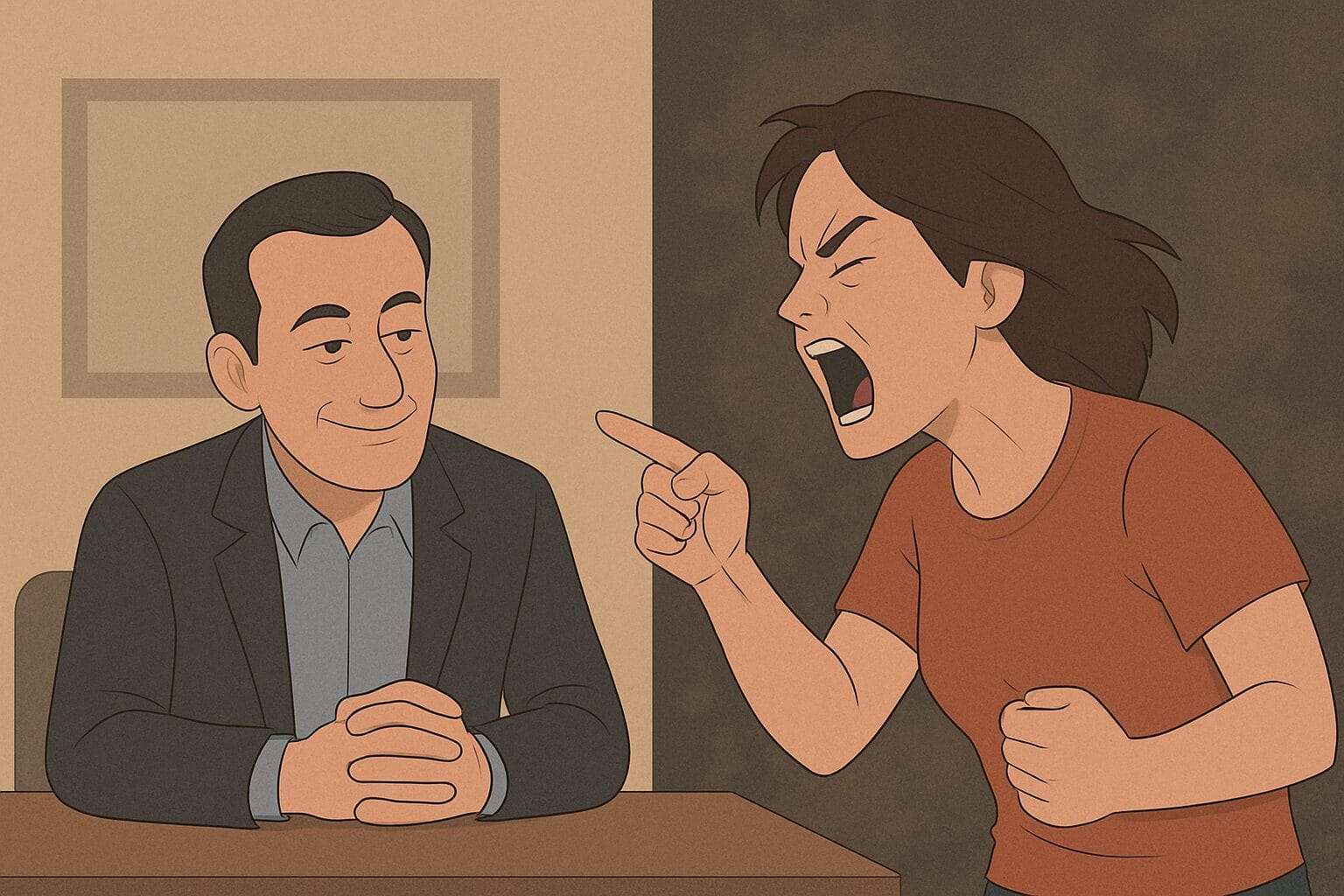
Years ago, I had a passive-aggressive boss who seemed to get a kick out of tearing people down—especially me. One day in a meeting, I lost it. I pointed fingers. I raised my voice. “But he did it! He was wrong!”
He smiled.
That moment still sticks with me. Because I realized then—he wasn’t offended. He was entertained.
My anger didn’t scare him. It fueled him. And I paid the price: sleepless nights, stress-induced illness, and a deep emotional spiral that pulled me further away from healing the childhood wounds I came into that job already carrying.
Here’s the lesson:
Unfocused anger doesn’t protect you. It exposes you.
It can leave you drained, distracted, and completely off-mission.
So if you’re serious about healing and leadership, you have to reclaim your anger. Not suppress it. Not unleash it on the wrong target. But own it—so it stops owning you.
The Trap of Proving Your Worth Through Anger—and How to Escape It
That moment still sticks with me. Because I realized then—he wasn’t offended. He was entertained.
My anger didn’t scare him. It fueled him. And I paid the price: sleepless nights, stress-induced illness, and a deep emotional spiral that pulled me further away from healing the childhood wounds I came into that job already carrying.
But we fight back.
Everyone has their story of dealing with manipulative, malicious people. Maybe you’ve stood up. Choose to spoken truth to power. Perhaps you’ve tried—so hard—to get someone to treat you better.
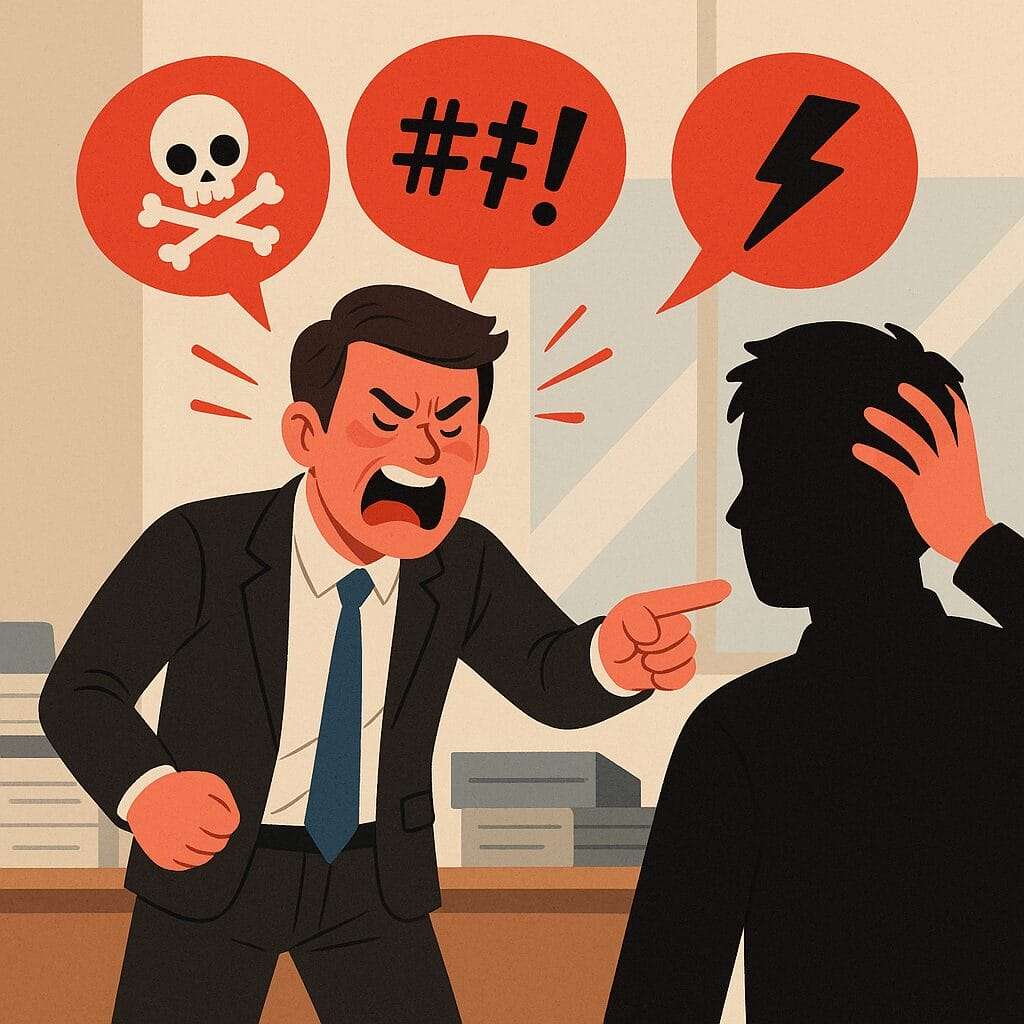
But here’s the hard truth I had to learn:
You can’t teach someone how to love or respect you if they’re getting something out of your suffering.
Trying to change people without addressing their motives is a losing game. And even if they do comply—what’s the root of that change?
Is it love and understanding? Or fear and consequence?
If it’s the latter, the dynamic hasn’t healed—it’s just gotten quieter. Temporarily.
There’s even a word for people who get pleasure from your pain: Schadenfreude.
And if you’re trying to reclaim your power by making those people care, you’re wasting sacred energy.
You deserve better than that.
Your healing deserves better than that.
The Hidden Cost of Unprocessed Anger
You might be tough. Bold. Sharp-tongued. The kind of person who doesn’t take sh*t from anyone—including me, the stranger writing this post.
But here’s what I want you to consider:
When anger isn’t used to improve a situation or deepen self-awareness, it turns inward.
And that’s when it stops protecting you—and starts hurting you.
Chronic, unresolved anger can lead to migraines, tension, and long-term inflammation. And it doesn’t stop at sore joints or high blood pressure.
Unchecked anger shrinks your brain.
Yep. Studies show that prolonged inflammation is linked to reduced brain size—impacting memory, focus, emotional regulation, and even increasing your risk for dementia and Alzheimer’s.
So I’ve got to ask:
Why are you letting anger take you to an early grave, when it could be leading you toward clarity, courage, and peace?
Most people don't even know you're feeling hurt and abused by their behavior. Unless they are sadists or have some form of personality disorder, they will work with you to remedy the situation.
Denise G. Lee Tweet
How to Reclaim Your Anger in a Grounded, Healthy Way
If you’ve been nodding along, you’re probably wondering—
“Okay, Denise. So how do I actually use my anger for something good?”
Here’s what I recommend:
1. Identify What’s Underneath
Anger usually rides shotgun with something deeper—grief, fear, disappointment, or betrayal.
Many of my clients who struggle with rage or shutdown also struggle to name their sadness. So start there.
Ask yourself: What loss haven’t I grieved? What need still feels unmet?
2. Decide Whether to Stay or Go
Anger is energy. But how you use it is a decision.
If a relationship (personal or professional) is worth saving, channel your anger into clear communication and boundary-setting—not emotional explosions.
If it’s not worth saving, your anger may be the signal to release it and walk away.
3. Use It to Speak, Not Perform
Healthy anger sounds like:
“I need this to feel safe.”
“I’m no longer willing to ignore this.”
“This hurts, and I don’t want to repeat it.”
It’s not about yelling. It’s about being real and direct, without self-abandoning.
4. Go From Reaction to Understanding
Let me give you a quick example:
Steve gets ticked off every time someone doesn’t say “Good morning.”
Sounds minor, right? But his emotional reaction is big. Almost… disproportionate.
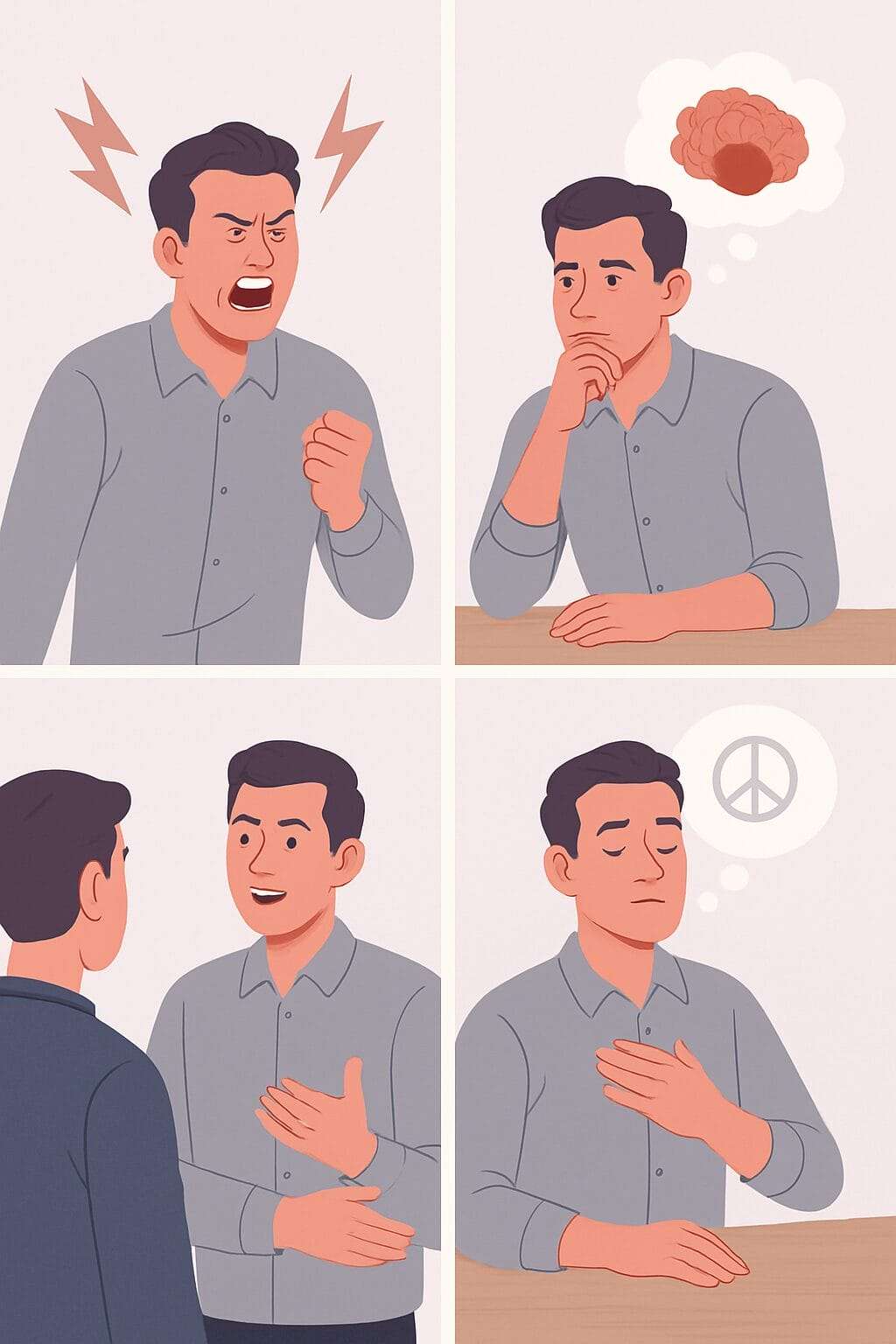
Turns out, Steve was raised by a mother who would guilt or punish him if he didn’t greet her first thing. Somewhere along the way, he picked up an unspoken rule:
“People must greet me—or they don’t respect me.”
Now, Steve’s reclaiming his anger—not by snapping at people, but by asking himself:
Is this really about them… or is this about me?
That’s how you shift from reactive anger to reclaimed anger.
You slow down. You stay curious. And you recognize when an old wound is trying to write your current story.
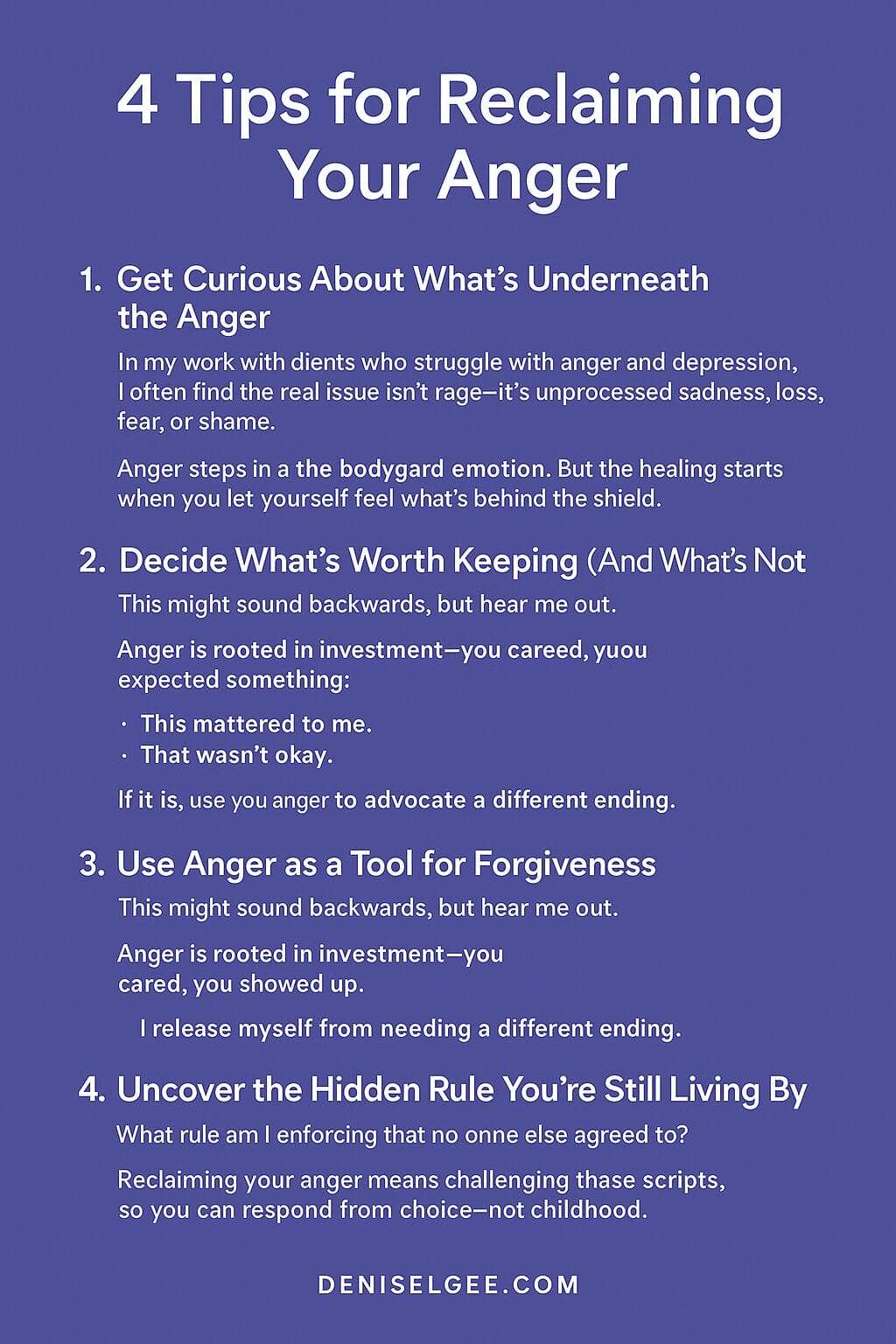
FAQ: Reclaiming Anger in a Healthy Way
Still feeling a little unsure about what to do with your anger? You’re not alone.
These are some of the most common questions I hear from clients and readers who are learning to reclaim their anger—without fear, guilt, or confusion.
Let’s break it down.
What does it mean to reclaim your anger?
Reclaiming your anger means learning to see it as a tool for growth—not shame, blame, or chaos. It’s about acknowledging the emotion, understanding its root, and responding in a way that reflects your values and needs.
Sick of being stuck in a loop of blame, shutdown, or emotional confusion👉 this might help: 7 clear ways to use anger for healing and growth.
Why is it important to reclaim your anger instead of suppressing it?
Suppressing anger can lead to health issues, burnout, and resentment. Reclaiming it gives you clarity, helps you set stronger boundaries, and builds emotional integrity.
How can I use anger without hurting others?
Use anger to get curious—not cruel. Redirect it into honest conversations, creative action, or clarity around what needs to change in your environment or relationships.
Can reclaiming anger help in leadership or business?
Absolutely. Leaders who reclaim their anger can navigate conflict with confidence, set boundaries without guilt, and create emotionally safe work cultures that aren’t driven by fear or passive aggression.
Final Thoughts: Owning Your Anger Without Letting It Own You
Anger isn’t the problem.
Unheard anger, misused anger, unclaimed anger—that’s where we get stuck.
When you learn to reclaim your anger, you stop letting it define you or derail you. You start using it as a guide to:
Clarify your needs.
Protect your energy.
Lead yourself with emotional honesty instead of emotional chaos.
If this resonated, here’s how we can go deeper together:
🎙️ Listen to my podcast for real talk on healing, leadership, and what it actually takes to grow:
👉 Introverted Entrepreneur – wherever you stream
💛 Ready for personal support? Let’s work together to unpack what’s underneath and create a path forward rooted in clarity, not confusion:
👉 Explore 1:1 coaching with me
📬 Got something on your heart? Whether it’s a question, reflection, or something you’re working through—I’d love to hear from you:
👉 Reach out here
You don’t have to carry this alone.
Let’s move through it—together.





